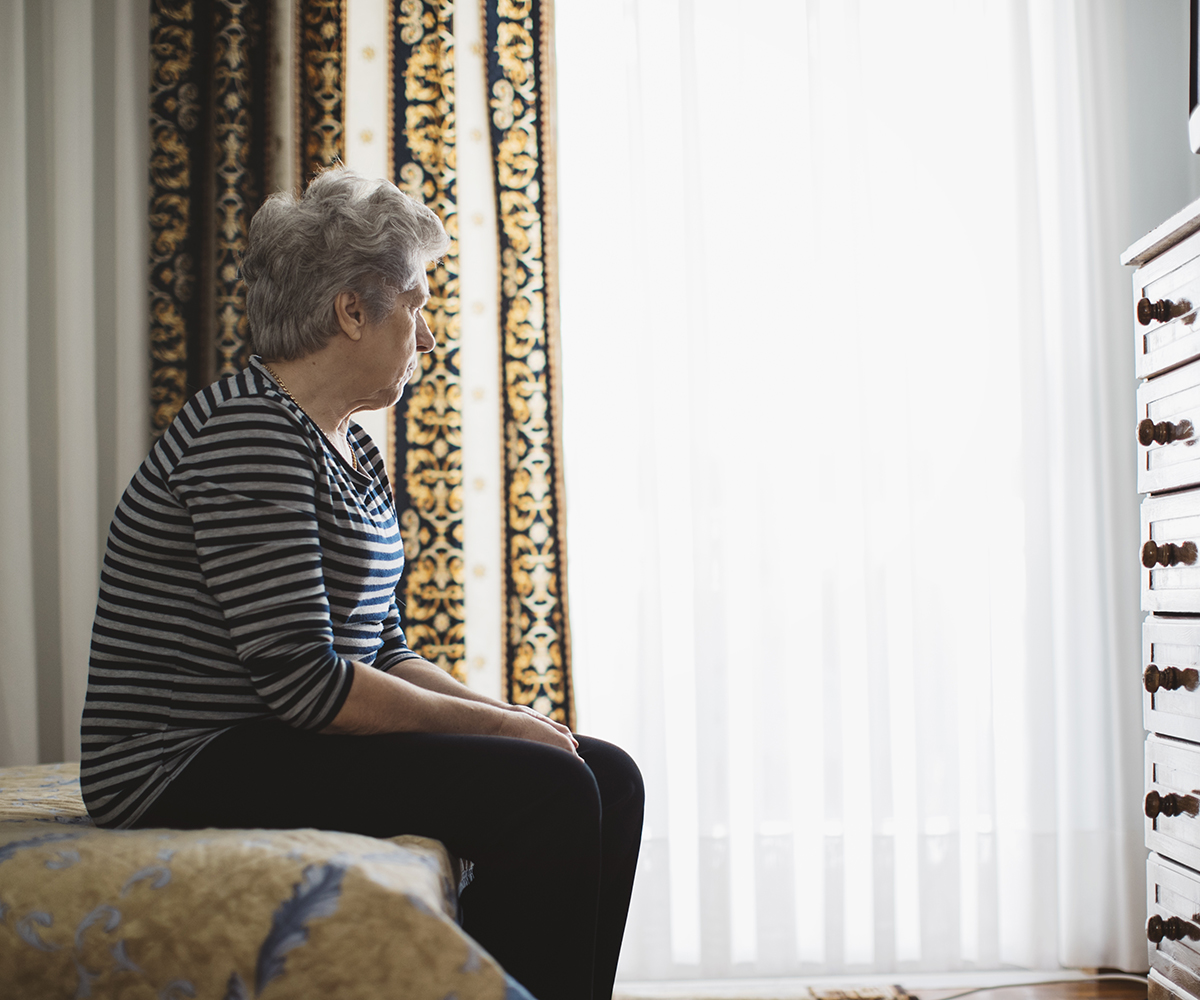What if I told you that loneliness is a health risk equivalent to smoking 15 cigarettes a day, and even more dangerous than high blood pressure or obesity?
The reasons for loneliness are complex. It may be a result of family members moving away or being “too busy”, or advancing age, with friends and loved ones dying. Transport and mobility can be added challenges.
You may have moved away from your home town, become divorced, started a new job or moved schools.
Paradoxically, it seems that the more densely populated our cities become, the more loneliness can be a problem, particularly for elderly people, although socially isolated children have poorer health as adults, too.
We see the impact of loneliness in aged care facilities, where elderly people might go for weeks or months without visitors, even on significant occasions like Christmas.
I have had a number of conversations recently with older people who have made an interesting link between increased congestion, population growth and increased loneliness. One older woman told us that visits from her family had become less frequent and shorter because the streets around her house had been changed from unrestricted parking to a two-hour parking zone. That meant that visits were limited to two hours – not enough for a long family lunch or dinner.
Another older woman with mobility problems told me that she does not have family visiting her as often now because there had been several big apartment developments in her area built without enough car spaces for the increased number of residents, and so in the streets around her home it was almost always impossible to find parking.
Loneliness is a need for more social connection than you have, so it is different to solitude or being alone. It’s a subjective sense of being left out, or isolated. One person told me their sense of loneliness was “an overwhelming feeling of not mattering to anyone else, of being invisible and irrelevant. It is like going through the motions of my life but having nobody to share my stories of the day or my memories.”
The quality of social connections is also very important. You can have people around you who help you manage stress, or those people can be the source of distress if those relationships are toxic. In fact, one California study found that most lonely people are married, living with others and not clinically depressed.

How loneliness can affect your health
The health impacts of loneliness are physical, mental and emotional, and they include:
Disrupted sleep: Lonely people report poorer sleep quality than non-lonely people. Sleep deprivation lowers glucose tolerance and increases the stress effects on your body, mimicking some of the effects of ageing.
Impaired immune responses: Research has shown that lonely people had greater inflammation and a weaker immune response (including changes in the behaviour of white blood cells responsible for fighting infection) than those who were not lonely, so the risk of infection increases.
Increased inflammation: Loneliness has been found to increase the effects of inflammation at a cellular level. Chronic inflammation has been linked to coronary heart disease, arthritis, and Type 2 diabetes.
Impaired cognition (including memory and thinking skills): Loneliness and social isolation have been found to cause cognitive decline, and vice versa.
Increased risk of coronary heart disease and stroke: Lonely people have been found to have higher blood pressure (one of the risk factors for heart disease and stroke), C-reactive protein (a marker for inflammation) and fibrinogen (related to clotting).
Increased risk of death: A study supported by the National Institutes of Health in the USA found that loneliness can increase the risk of premature death in older adults by 14 per cent.

What can be done about the epidemic of loneliness?
• Recognising that you are lonely or unhappy in a relationship can be difficult. It can feel as though you are admitting that you are not popular, or loved (or even lovable), or perhaps even that you have somehow failed in your marriage.
• Recognising that you are lonely and that it could affect your health should trigger action such as relationship or family counselling.
• If you have healthy relationships with family members, arrange regular personal contact.
• If you do not have a network of friends or family, your GP can refer you to social workers or community agencies to help you to make social connections. Sporting groups are great for sharing common interests and getting regular exercise.
• Volunteering is another way of finding potential friends. You can find some ideas at volunteeringnz.org.nz. If your marriage or other relationships are making you unhappy, I advise you to reach out for relationship counselling. You may qualify for government funded counselling through your GP.
• Faith groups can provide spiritual and social support.
• If you are able to care for a pet, they can provide wonderful companionship.

For more great stories, see your latest issue of The Australian Women’s Weekly, on sale now.


